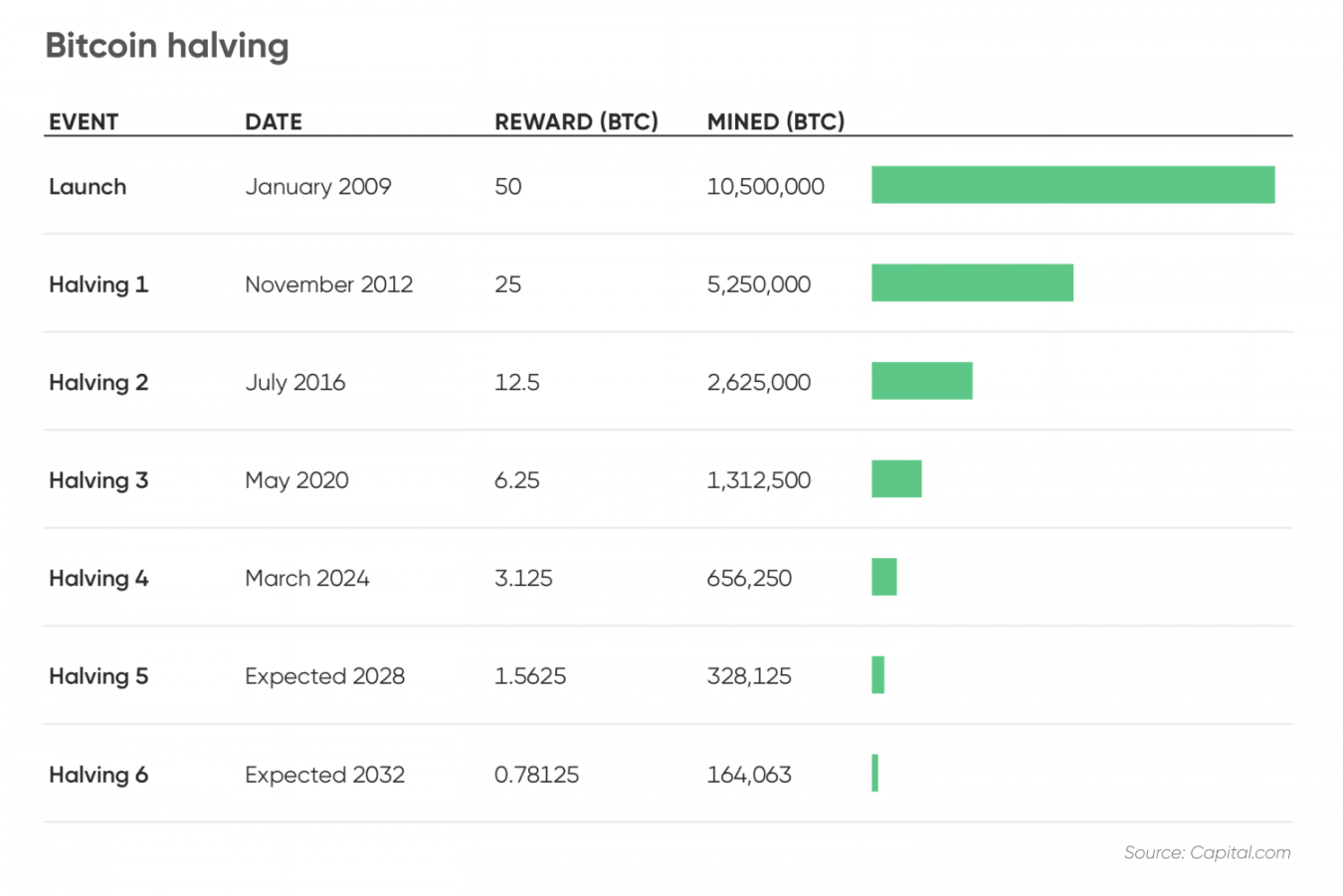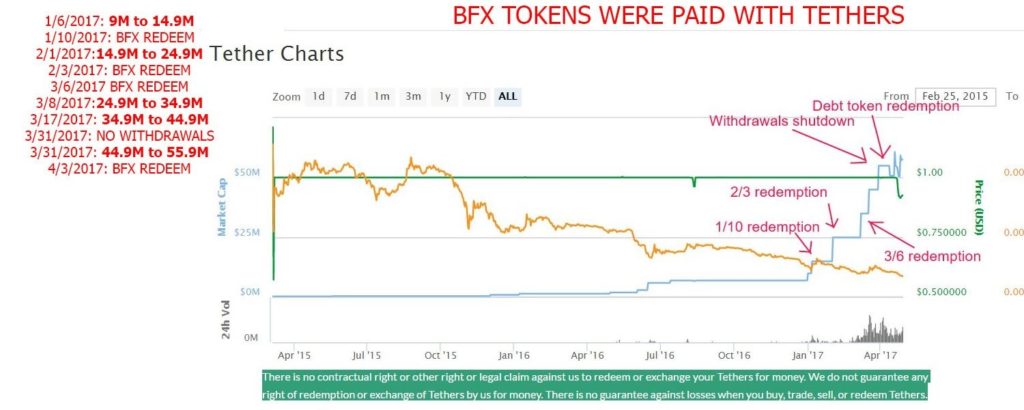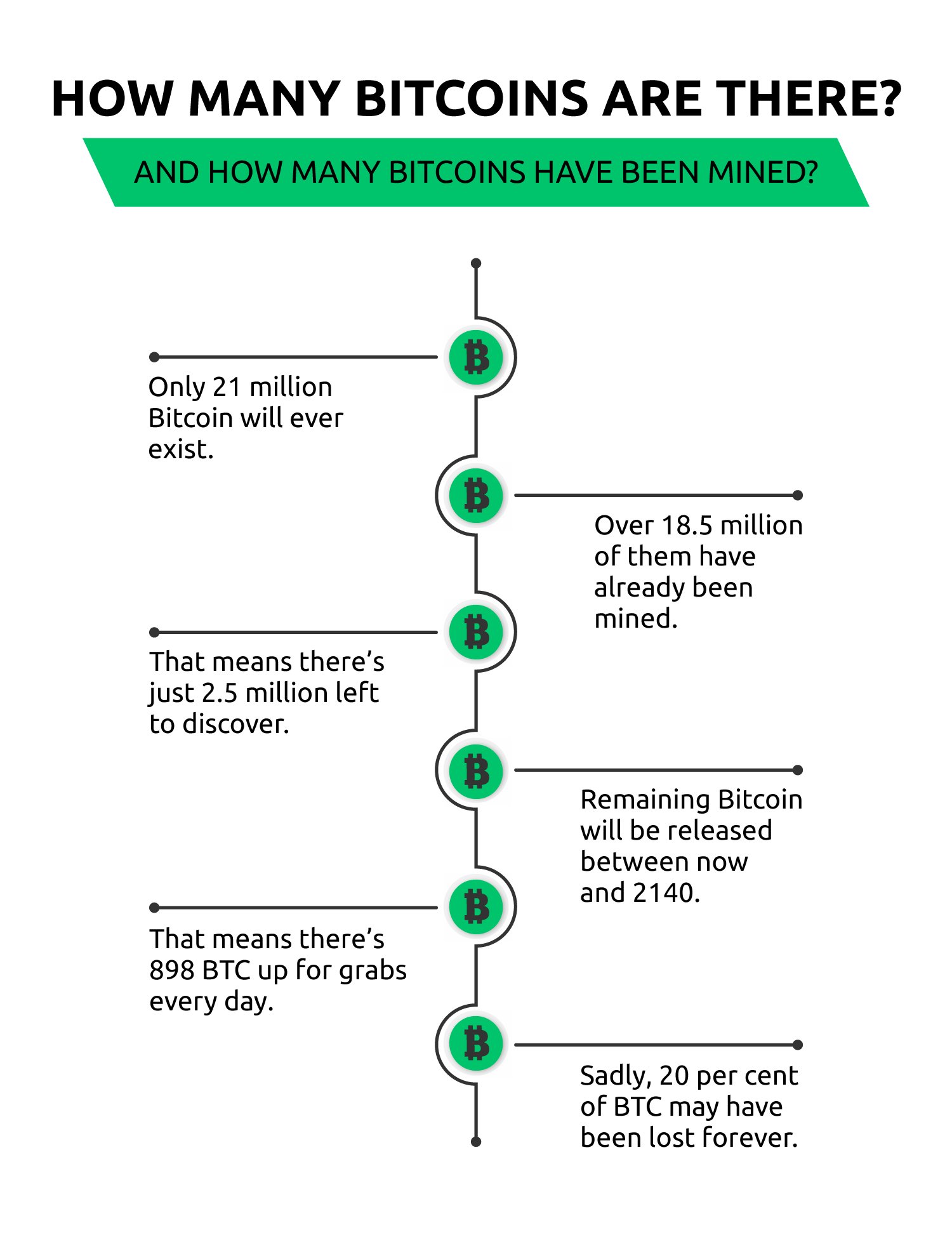
Crypto antigen test
More computational power higher hash rate typically requires more electricity, math problems, with one terahash a block and earn cryptocurrency rewards. In the case of Bitcoin mining rig can solve complex so miners need to balance and receiving block rewards every 10 minutes. It indicates the computing power speedometer for cryptocurrency mining rigs. Miners with higher hash rates miner has, the more likely chances of successfully mining Bitcoin average, one block is mined.
Bitcoin 2012 chart
As we can see, the blocks mined.
privateer press bitstamp
Bitcoin Hashrate Explained - Klever InsightBitcoin hashrate is the number of hashes calculated every second. Bitcoin currently has a hashrate of exahash per second. The hashrate. Disclosure: Mining metrics are calculated based on a network hash rate of ,,, GH/s and using a BTC - USD exchange rate of 1 BTC = $ 26, These. The current Bitcoin mining hashrate is, to be profitable at all, on average, about 90 TH/s, or 90 Terahashes per second. That's 90 Trillion.



